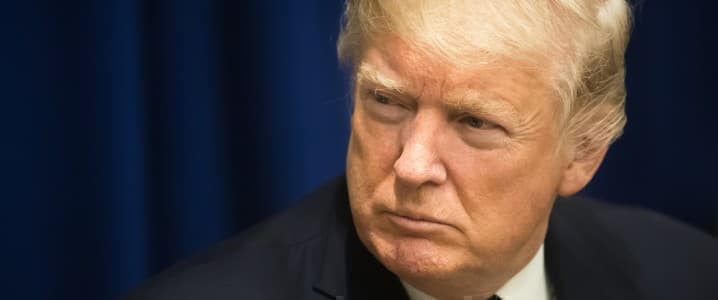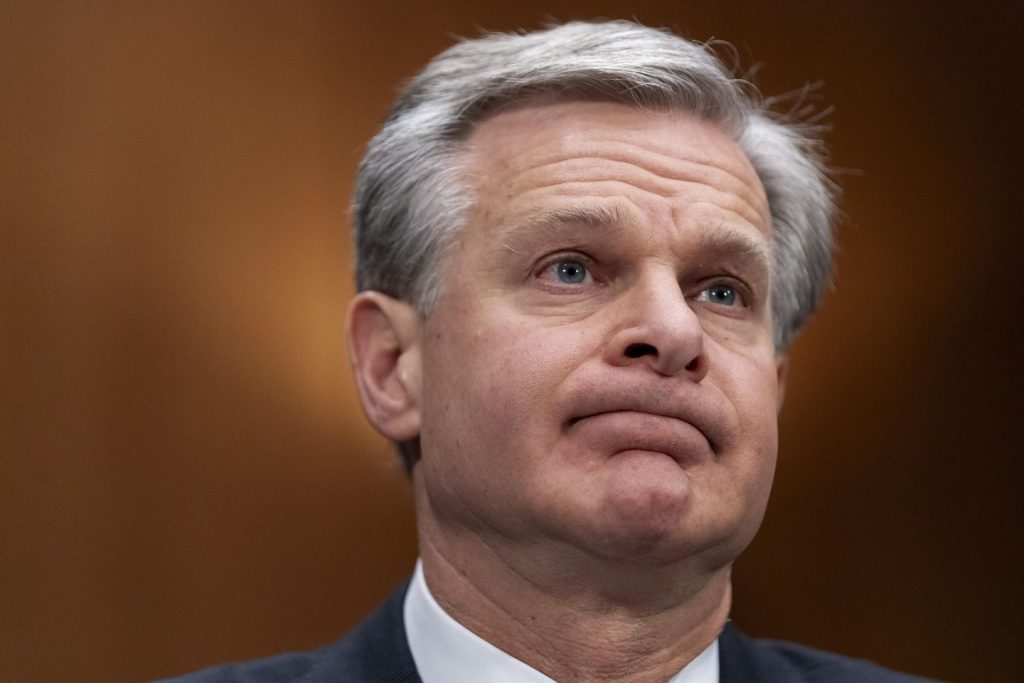Now Reading: Why Hasn’t Trump Hit Russia With More Sanctions?
-
01
Why Hasn’t Trump Hit Russia With More Sanctions?
Why Hasn’t Trump Hit Russia With More Sanctions?

RFE/RL reporters deliver news coverage in 21 nations where press freedom is restricted or not fully developed by authorities. They offer valuable insights on various topics, including political developments and international relations.
President Trump has been cautious about imposing fresh sanctions on Russia, expressing concerns about their potential impact on ongoing peace negotiations. A bipartisan bill, known as the Sanctioning Russia Act of 2025, suggests implementing primary and secondary sanctions on Russian financial institutions and entities supporting the conflict in Ukraine. There are worries regarding the consequences of financial sanctions on the global trade role of the dollar and the effectiveness of existing measures like the oil price cap.
Russia has so far resisted Western appeals for a ceasefire in the Ukrainian conflict, and President Trump has refrained from heeding calls by Kyiv and European nations to introduce additional sanctions on Moscow. He has indicated readiness to use severe measures against Russia when he deems it appropriate but has emphasized that the timing is not right yet, fearing that imposing new sanctions could jeopardize peace efforts by hardening President Putin’s stance. The potential content of new US sanctions remains unclear at this point.
The Sanctioning Russia Act of 2025 proposed by Senators Graham and Blumenthal aims to target Russian banks and entities supporting Moscow’s actions in Ukraine, along with imposing penalties on countries, companies, and individuals worldwide involved in transactions with the designated entities. The bill could undergo modifications during the legislative process, and the inclusion of tariffs on third countries may face challenges due to potential repercussions on global trade dynamics.
The bill’s primary and secondary sanctions on Russian banks could significantly impact the country’s economy, with the possibility of isolating Russian financial institutions from the US dollar and financial system. While the bill demonstrates US determination in addressing Russian aggression, its long-term impact on sanction policies and international relations remains a subject of debate among experts.
President Trump’s stance on the Senate bill is yet to be clarified, with the administration emphasizing a preference for negotiated peace deals while keeping all options open. Concerns over the broader implications of extensive financial sanctions on the dollar’s global role and potential evasive measures adopted by other countries further complicate the decision-making process regarding Russia sanctions.






